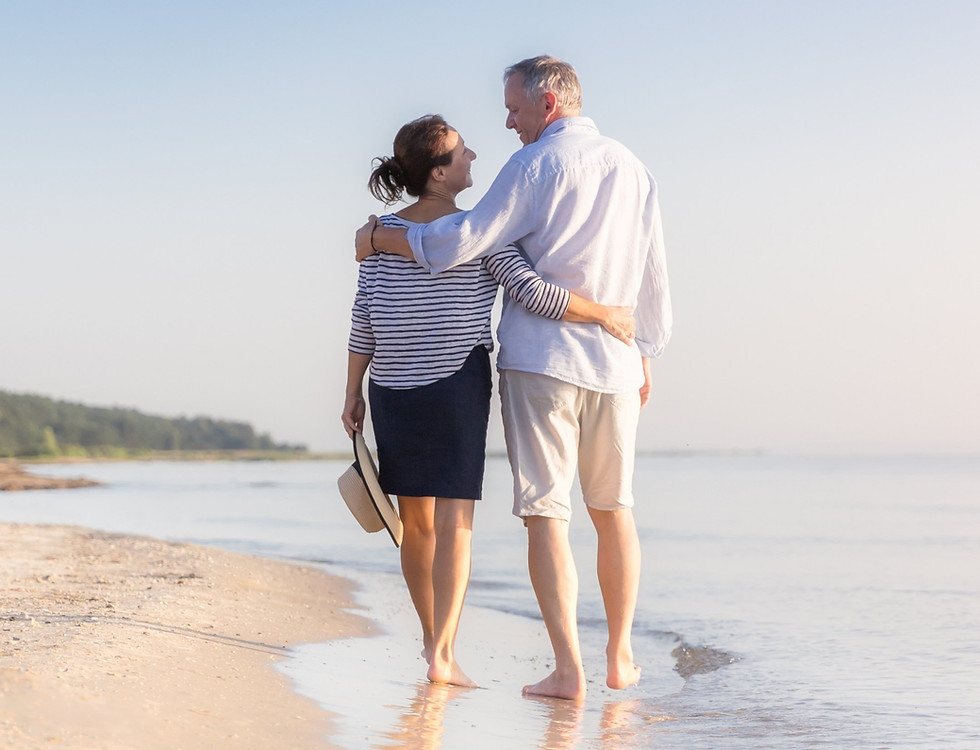Why Do Varicose Veins Hurt? Understanding the Pain and Methods of Relief
- Jun 26, 2025
- 2 min read
Updated: Aug 12, 2025
If you’ve ever felt a dull ache, heaviness, or even sharp pain in your legs after standing for a while, you’re not alone.
For many people, these symptoms are caused by varicose veins—those twisted, enlarged veins that often appear on the legs. But what exactly causes the pain?
Let’s break it down in simple terms.

Jump to a Certain Section
What Are Varicose Veins?
Varicose veins happen when the tiny valves inside your veins stop working properly. Normally, these valves help blood flow back up toward your heart. But when they weaken or fail, blood can pool in your legs, causing the veins to swell and twist.
So Why Do Varicose Veins Hurt?
The pain from these visible veins isn’t just about the veins looking swollen. Varicose veins hurt as a result of several things happening inside your body:
1. Pressure Buildup
When blood pools in your veins, it increases pressure. This pressure stretches the vein walls and surrounding tissues, which can trigger pain receptors—kind of like blowing up a balloon until it’s too tight.
2. Inflammation
The body sees this pressure and pooling as a problem and responds with inflammation. Inflammation releases chemicals that can irritate nearby nerves, making your legs feel sore, itchy, or cause a burning sensation.
3. Nerve Sensitization
Over time, the nerves around varicose veins can become more sensitive. This means even light pressure or standing for a short time can feel uncomfortable or painful.
4. Chemical Irritants
The blood that pools in varicose veins can become low in oxygen and high in waste products. These chemical changes can irritate the vein walls and surrounding tissues, adding to the discomfort.
What Does the Pain Feel Like?
People describe varicose vein pain in different ways:
• A dull ache or heaviness
• Throbbing or cramping
• Burning or itching
• Swelling, especially after standing or sitting for long periods
What Can You Do?
The good news is that there are many ways to manage varicose vein pain. While lifestyle changes like elevating your legs and wearing compression stockings can offer some benefit, in-office medical treatments that close off or remove the problematic veins offers long-lasting results.
If you’re experiencing leg pain and think varicose veins might be the cause, talk to your healthcare provider or schedule an appointment with Miller Vein.
Ultimately, understanding the “why” behind the pain is the first step toward finding relief.
Reference
Phlebolymphology. (n.d.). Pathophysiology of pain in venous disease. https://www.phlebolymphology.org/pathophysiology-of-pain-in-venous-disease/
Stop Letting Your Legs Hold You Back
If you have restlessness, heaviness, aching, swelling, throbbing, or itchiness in your legs—or you notice varicose veins or spider veins—it's time to see a vein specialist.
Explore More of the Miller Vein Blog
Explore expert insights on vein health, treatment options, and wellness tips. Stay informed, and take the next step toward happier, healthier legs!
Prefer Learning on YouTube?
Enjoy easily digestible video content that expands your understanding of vein conditions and their treatments.

